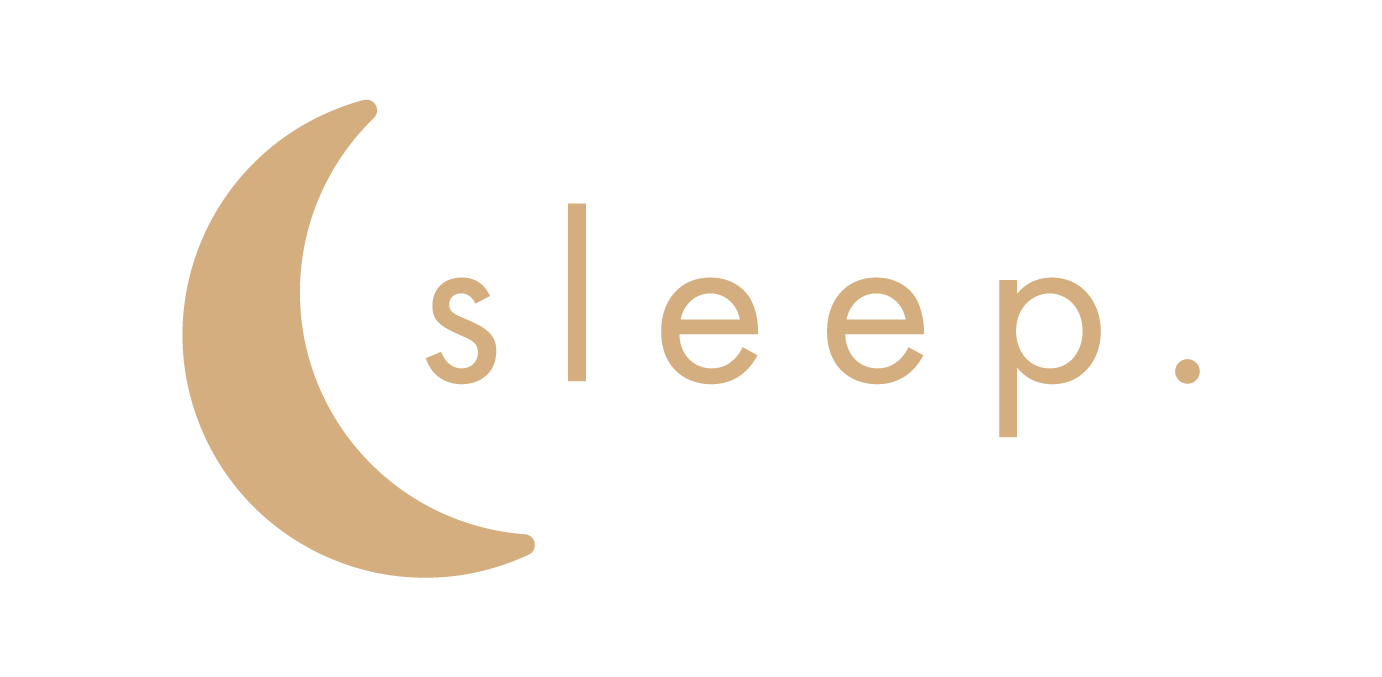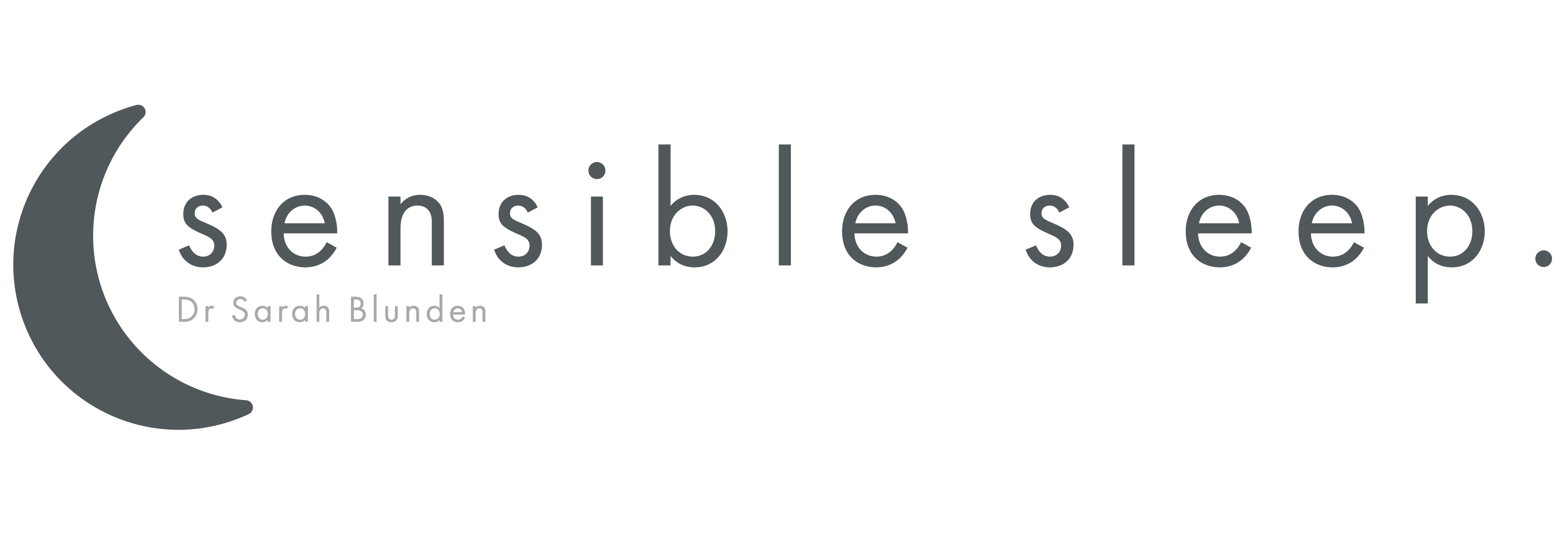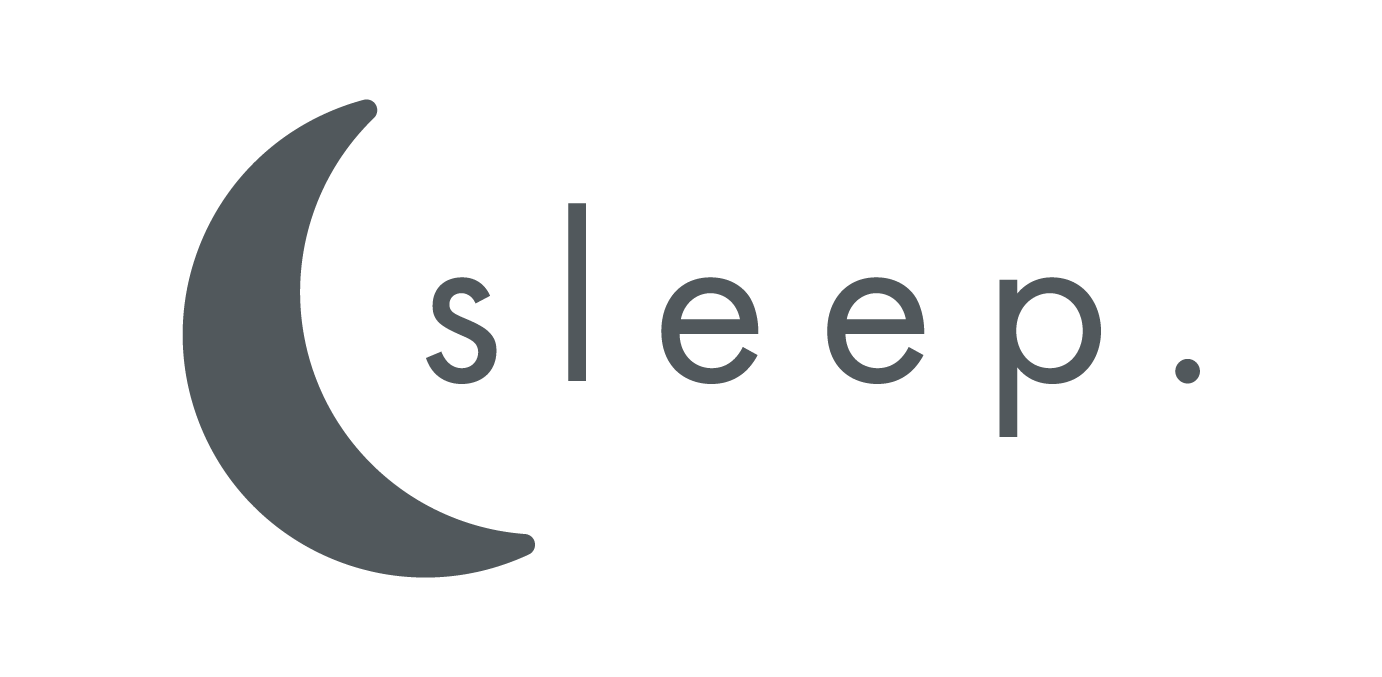
Welcome to Sensible Sleep
Sensible Sleep incorporates The Australian Centre for Education in Sleep, The Paediatric Sleep and Psychology Clinic, Snooze for Kids and The GeMSS Practice Certificate. It brings together information on sleep for parents, children, young people, health care professionals, teachers and community groups.
We are a team of highly trained experienced psychologists assisting with sleep as well as other related issues such as parenting, depression and anxiety.
We are passionate about providing education and information about the importance of sleep and what happens when we don’t get enough.
Sensible Sleep offers research-based information and gentle solutions and strategies to improve sleep health, now and for the future.
Let us guide you through our website!

Paediatric Sleep & Psychology Clinic
ABOUT THE PAEDIATRIC SLEEP & PSYCHOLOGY CLINIC
The Paediatric Sleep and Psychology Clinic has been established out of an obvious need for specialist paediatric sleep services for diagnosing and treating families with children and adolescents who are experiencing sleep problems. There is a large percentage of children in Australia who are in need of assistance with their sleep problems. Some sleep problems only last for a while and may be related to something in the child’s life [going to school, divorce in the family, teething etc], but others stay around for months and sometime years. Chronic sleep problems can have long term effects on children’s physical and psychological health.
Sleep problems in children (and adults!) can be largely divided into medical sleep problems (such as sleep apnea, sleep related epilepsy) or behavioural/psychological (such as difficulties getting to sleep or staying asleep, reluctance to go to bed or sleep related anxiety). These latter problems are the type of problem treated at the Paediatric Sleep and Psychology Clinic.
Sleep deprivation particularly in the first months and years of having a new child in the house can be really hard. Worry and stress are common.
At Sensible Sleep, which incorporates the Paediatric Sleep and Psychology Clinic, our sleep psychologists offer a range of sleep interventions that are responsive and do not include ignoring your child.
But because we are psychologists, any other issues and problems that might arise that impacts wellbeing including parenting, or any issues with infants, young children or adolescents, we can help.
We are trained clinical psychologists. We know the science of sleep as well as all aspects of child development.
You may believe that your child has a sleep problem. See below some basic questions that some parents and children have about how we can treat a sleep problem at the clinic by a psychologist.
Group Sessions
ABOUT THE PAEDIATRIC SLEEP AND PSYCHOLOGY CLINIC GROUP SESSIONS
Sensible Sleep offers group sleep education sessions throughout the year, catering to parents and caregivers of children aged 0-18 years.
These sessions, run by our highly experienced sleep psychologists, Professor Sarah Blunden and Mary King, cover important information about children and sleep followed by ‘question time’ which allows individuals to obtain advice about their own situation.
Based in Adelaide, South Australia, we run sessions across a number of locations in Adelaide and also in regional areas. In addition to in-person sessions, we run regular online Telehealth presentations for anyone based outside of Adelaide, or for those preferring online delivery. If you would like to run a Sleep Solutions Session in your community please contact us via email to discuss.
If you would like to enquire about a Sleep Solutions Group session, or speak with one of our Sleep Specialists for individualised support and assistance please click the link below!
Educate Yourself
35 – 40% of children and adolescents experience some form of sleep problem during their development. These problems can differ depending on a child’s age.
Sleep problems can be either:
Intrinsic: Come from the inside (including nightmares, night terrors, bed wetting and snoring)
Extrinsic: Come from the outside (such as bedtime reluctance, anxiety related insomnia, inability to fall asleep alone or environmental and social problems that get in the way of sleep)
Learn more about sleep problems through the links below, or give us a call if you need help today!

